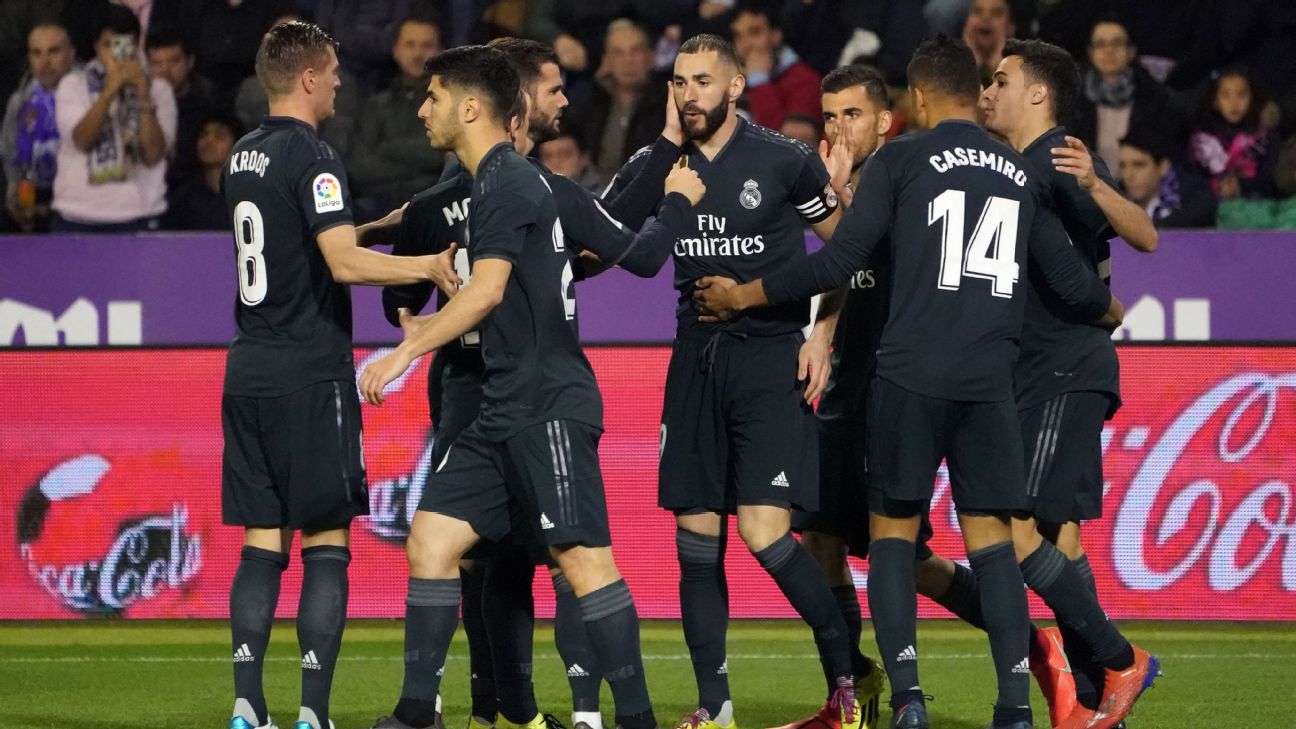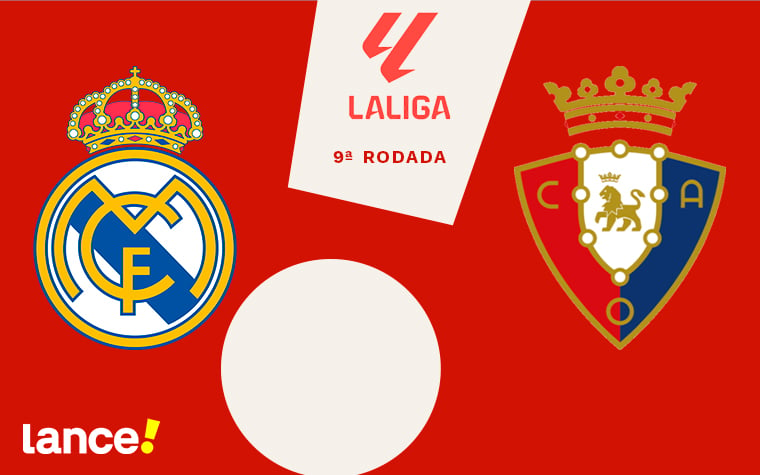The Historic Rivalry: Lazio vs Roma
Por um escritor misterioso
publicado em dezembro/22/2024

The article delves into the intense rivalry between Lazio and Roma, two of Italy's biggest football clubs. It explores the history, significance, and passionate atmosphere that surrounds this fierce local derby.


This historic rivalry dates back to 1929 when AS Roma was established by the merger of three smaller Roman clubs. However, Lazio had already been competing since 1900, making it one of the oldest clubs in Italy. As a result, Lazio fans often boast about their status as the city's original team.
The Derby della Capitale has seen its fair share of exhilarating encounters, controversial moments, and unforgettable goals throughout the years. Friendships have been broken, families divided, and neighborhoods split due to the allegiance to either Lazio or Roma. The atmosphere surrounding this fixture is electric, charged with passion and tension.
Despite both teams having experienced periods of success over the years, including Serie A victories and European competition appearances, Lazio vs Roma transcends mere sporting achievements. It represents a clash of identities - Lazio being viewed as more traditionalist and rooted in Italian culture, while Roma often associates itself with modernity and progressiveness.
Political factors have also shaped this rivalry. Lazio has traditionally attracted supporters from right-wing political leanings, often identified with conservatism. On the other hand, Roma fans are known for their left-wing inclinations and anti-fascist stance. These differences add fuel to the fire, making each encounter even more significant.
The Stadio Olimpico, Rome's legendary sporting arena, hosts the Derby della Capitale. This shared home ground adds another layer of intensity to the rivalry. The stadium is divided into two halves, with Lazio occupying the Curva Nord and Roma the Curva Sud. These sections generate a wall of noise as ultras (the most passionate fans) sing chants, wave flags, and create an atmosphere that can be both exhilarating and intimidating.
Over the years, several legendary players have graced this fixture. Francesco Totti, an icon for AS Roma and one of Italy's most beloved footballers, epitomizes the rivalry's significance. Born and raised in Rome, Totti played his entire career for Roma and became a symbol for the club. His performances in countless derbies have etched him into Derby della Capitale folklore.
Another illustrious player associated with this clash is Giorgio Chinaglia, who played for Lazio. Chinaglia remains Lazio's all-time leading scorer and established himself as a true derby hero during his playing days. He scored numerous goals against Roma while embodying the fervor and competitiveness that defines this local battle.
The Derby della Capitale often produces captivating storylines that capture public imagination. One such example is when Roma, under coach Zdeněk Zeman in 1998-99 season, adopted an all-attack approach called 'Zemanlandia.' They scored freely but conceded just as frequently, resulting in an exciting 5-1 victory over Lazio.
However, not all encounters are characterized by high-scoring thrillers. Some matches have been marred by violence both on and off the pitch. Rival fans have clashed throughout history, leading to a heightened security presence during these contentious fixtures.
In recent years, some efforts have been made to promote unity and fair play between the two factions. Initiatives like 'Derby for Peace' have aimed to eradicate violence and racism, emphasizing the positive aspects of football's power to unite communities instead.
The Derby della Capitale continues to captivate football enthusiasts worldwide due to its passionate supporters, historical context, and fierce on-field battles. It represents much more than just a game; it is a microcosm of Roman society with deeply rooted cultural, political, and emotional significance.






Bilyoner - 🏆 Süper Lig'de 17. hafta maçında Antalyaspor ve Fenerbahçe karşı karşıya geliyor! Hemen Oyna ➡️

Claudinho marca e Bragantino termina Brasileirão com vitória sobre o Grêmio - Gazeta Esportiva
Lazio vs Roma is a football match that carries immense weight in the hearts of both sets of fans. The rivalry between these two clubs is one of the most intense and long-standing in Italian football history. Known as the 'Derby della Capitale' or 'Derby of Rome,' it represents the clash between two factions vying for supremacy in Italy's capital city.This historic rivalry dates back to 1929 when AS Roma was established by the merger of three smaller Roman clubs. However, Lazio had already been competing since 1900, making it one of the oldest clubs in Italy. As a result, Lazio fans often boast about their status as the city's original team.
The Derby della Capitale has seen its fair share of exhilarating encounters, controversial moments, and unforgettable goals throughout the years. Friendships have been broken, families divided, and neighborhoods split due to the allegiance to either Lazio or Roma. The atmosphere surrounding this fixture is electric, charged with passion and tension.
Despite both teams having experienced periods of success over the years, including Serie A victories and European competition appearances, Lazio vs Roma transcends mere sporting achievements. It represents a clash of identities - Lazio being viewed as more traditionalist and rooted in Italian culture, while Roma often associates itself with modernity and progressiveness.
Political factors have also shaped this rivalry. Lazio has traditionally attracted supporters from right-wing political leanings, often identified with conservatism. On the other hand, Roma fans are known for their left-wing inclinations and anti-fascist stance. These differences add fuel to the fire, making each encounter even more significant.
The Stadio Olimpico, Rome's legendary sporting arena, hosts the Derby della Capitale. This shared home ground adds another layer of intensity to the rivalry. The stadium is divided into two halves, with Lazio occupying the Curva Nord and Roma the Curva Sud. These sections generate a wall of noise as ultras (the most passionate fans) sing chants, wave flags, and create an atmosphere that can be both exhilarating and intimidating.
Over the years, several legendary players have graced this fixture. Francesco Totti, an icon for AS Roma and one of Italy's most beloved footballers, epitomizes the rivalry's significance. Born and raised in Rome, Totti played his entire career for Roma and became a symbol for the club. His performances in countless derbies have etched him into Derby della Capitale folklore.
Another illustrious player associated with this clash is Giorgio Chinaglia, who played for Lazio. Chinaglia remains Lazio's all-time leading scorer and established himself as a true derby hero during his playing days. He scored numerous goals against Roma while embodying the fervor and competitiveness that defines this local battle.
The Derby della Capitale often produces captivating storylines that capture public imagination. One such example is when Roma, under coach Zdeněk Zeman in 1998-99 season, adopted an all-attack approach called 'Zemanlandia.' They scored freely but conceded just as frequently, resulting in an exciting 5-1 victory over Lazio.
However, not all encounters are characterized by high-scoring thrillers. Some matches have been marred by violence both on and off the pitch. Rival fans have clashed throughout history, leading to a heightened security presence during these contentious fixtures.
In recent years, some efforts have been made to promote unity and fair play between the two factions. Initiatives like 'Derby for Peace' have aimed to eradicate violence and racism, emphasizing the positive aspects of football's power to unite communities instead.
The Derby della Capitale continues to captivate football enthusiasts worldwide due to its passionate supporters, historical context, and fierce on-field battles. It represents much more than just a game; it is a microcosm of Roman society with deeply rooted cultural, political, and emotional significance.

Casas Listagens em Curitiba, Paraná - 52 para Alugar

Casas de 3 quartos para alugar em Curitiba - Nestoria

JR Casas Pré Fabricadas

Real Madrid 4-1 Real Valladolid (Mar 10, 2019) Game Analysis - ESPN
